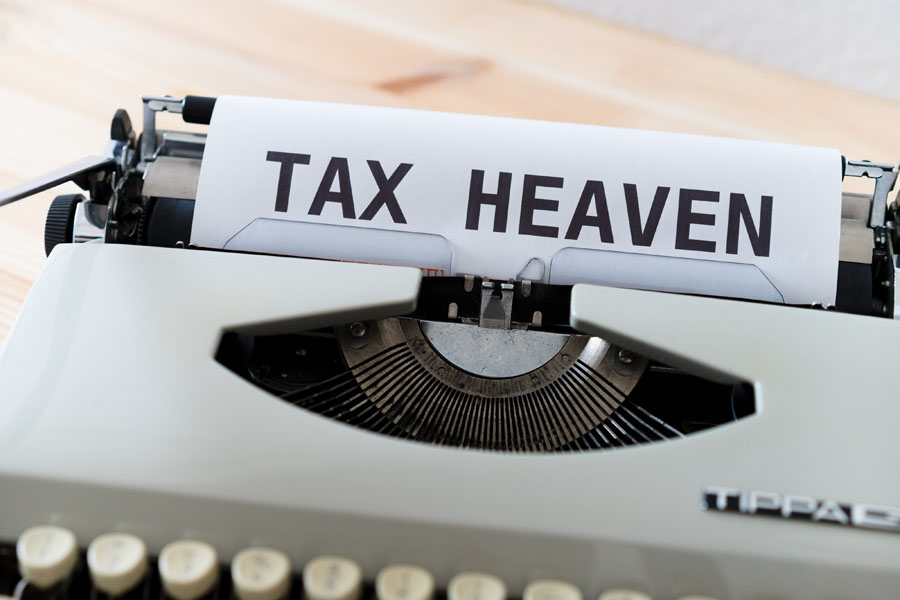I think the passing of the queen could make this, using her own words, an “Annus Horribilis”. Having said this, I do not think I would complain if I had lived an active life until the age of 96 years old. I thought reflecting on some of the financial changes during the reign of Queen Elizabeth II could offer some real perspective on the length and breadth of this time.
As most of us have a good understanding of house prices I thought this was a good starting point. After the war, if you could afford to buy a house it was often a new one. In the 1950s the average cost of a new house was £1,891, and the average salary was roughly £365pa, so it wasn’t easy to become a property owner even in those times, with average house prices representing more than 5 times salary.1*
When you look at the increase of other basic commodities you get a sense of how long ago this really was, with a loaf of bread costing 4p, a pound of butter 18p and a pint of
milk 3p.
Also, in the 1950’s and 60’s the highest rate of tax was 90%. It wasn’t until Margaret Thatcher came to power in 1979 when the top rate was 83% and basic rate 33%, that action was taken, as Margaret Thatcher’s beliefs were that the state should receive more of its revenue from indirect taxes such as VAT and National Insurance.2*
For me, looking at the figures helps me to reflect on the number of years Elizabeth has been our queen and some of the changes during this time. I am sure many who read this article will remember some of these changes too.
But most of all at this time, my thoughts are with the family, as it’s never easy to lose someone close to you.
1* www.sunlife.co.uk
(12th July 2022)
2* www.familymoney.co.uk
(14th July 2017)










